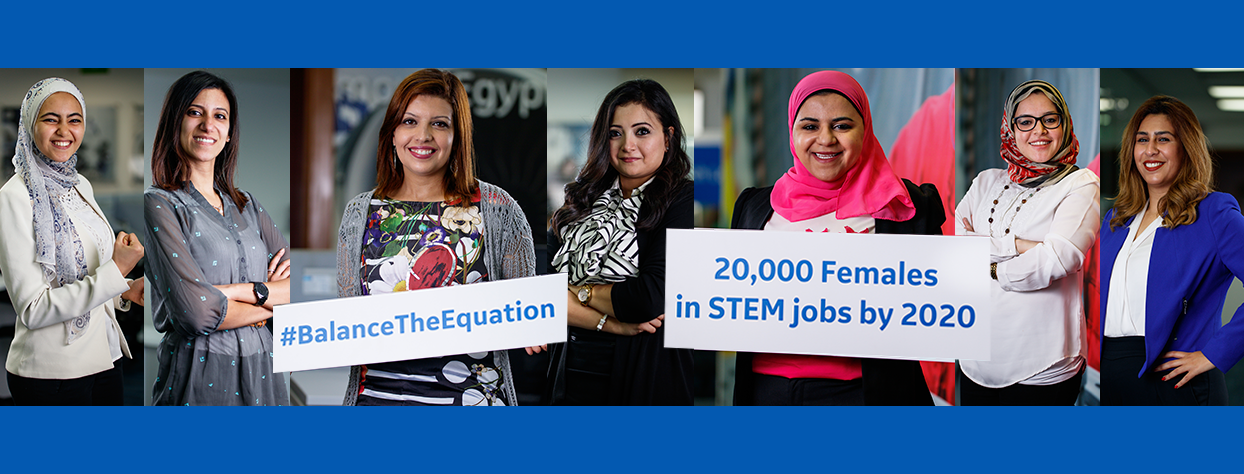In efforts to increase the female workforce representation in technical roles, General Electric (GE) has launched the 50:50 representation initiative aiming at hiring 20,000 women in technical jobs by the year 2020. GE launched the initiative “Balance the Equation” earlier in March, in celebration of International Women’s Day, to encourage females to land jobs in Science, Technology, Engineering, Mathematics (STEM) fields. “Women are still under-represented in the technology sector with 13-24 percent represented in IT and engineering positions globally, and just 17-30 percent ascending to senior leadership positions,” according to GE press release. The first phase of the initiative aims at raising awareness on the gender gap in the field of technology and encouraging women to lead technical roles. GE believes that diversity fuels its innovation, fosters a limitless source of ideas and opportunities as means to foster productivity and lasting competitive advantage. “Our focus has always been to create a truly inclusive culture, fostering a climate that enables women employment and leadership. Today, the intersection of our physical and digital worlds, coupled with the advancements in software and hardware, is creating new opportunities and careers for women,” says GE…
General Electric Promotes 50:50 Representation of Women in Technical Roles
August 13, 2017



